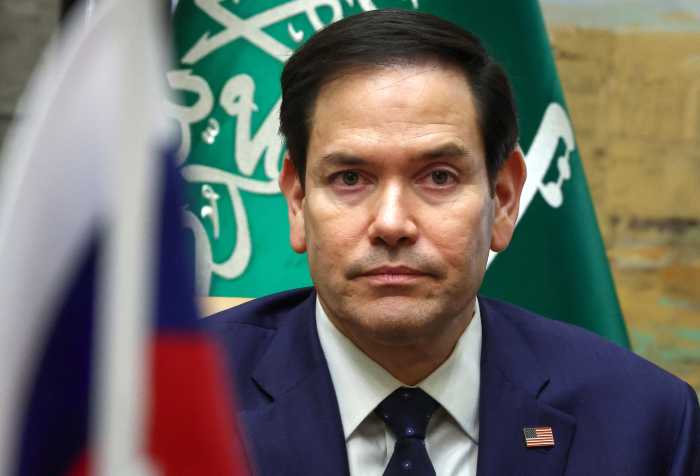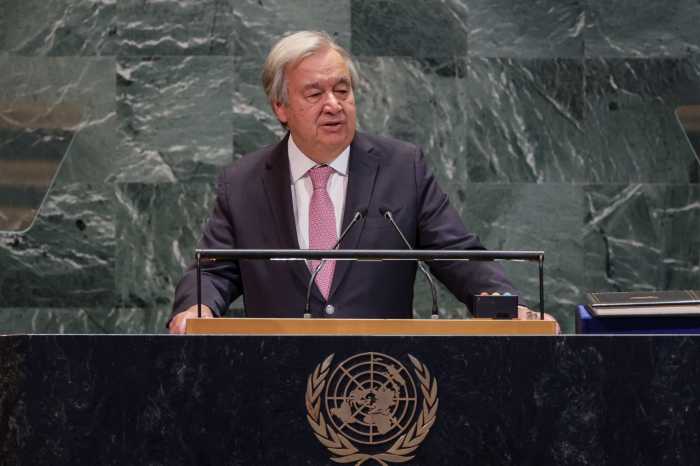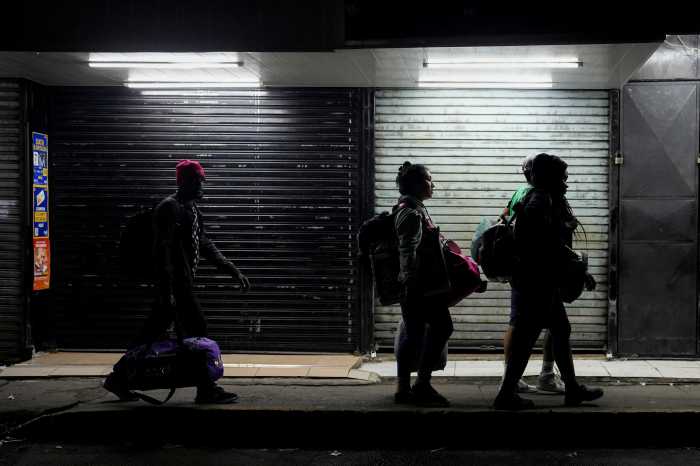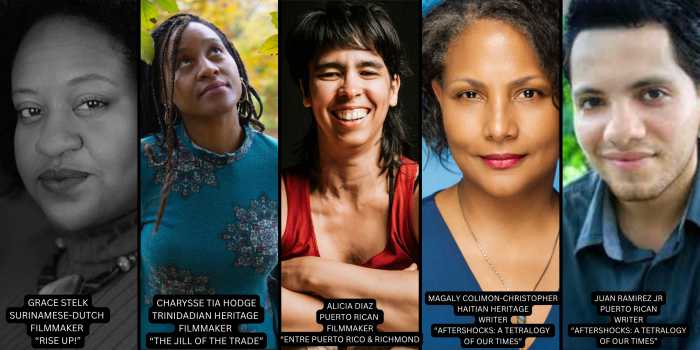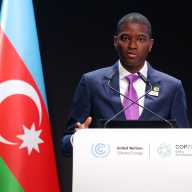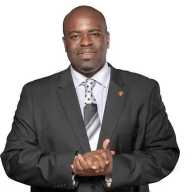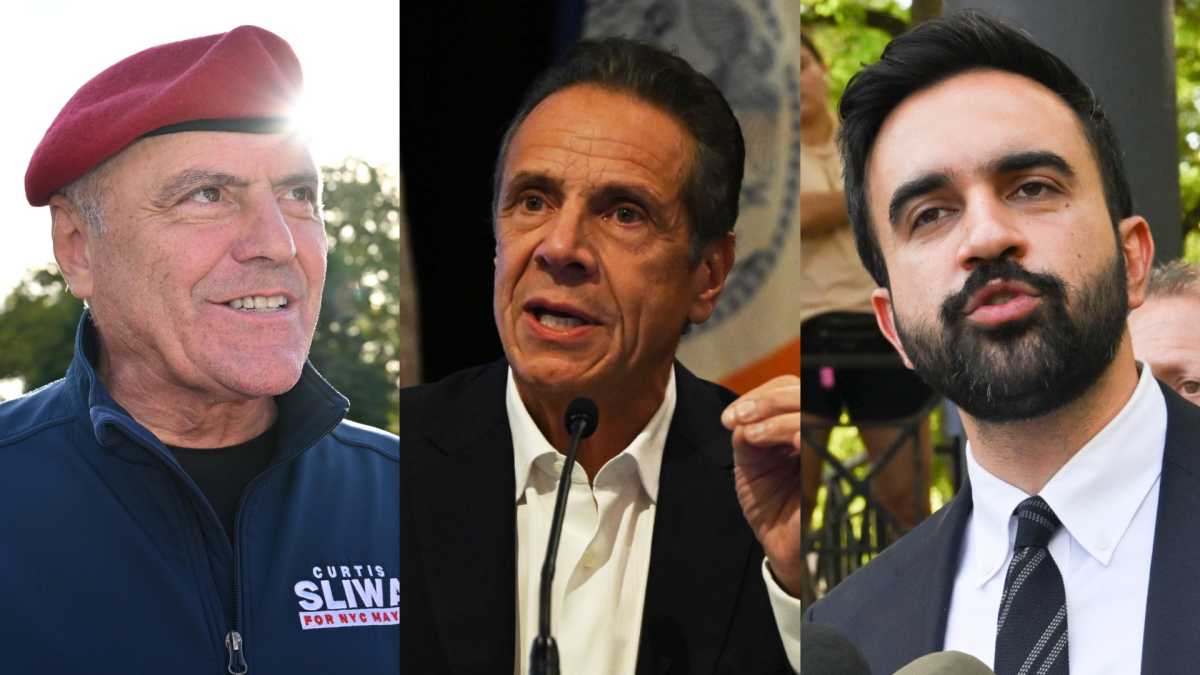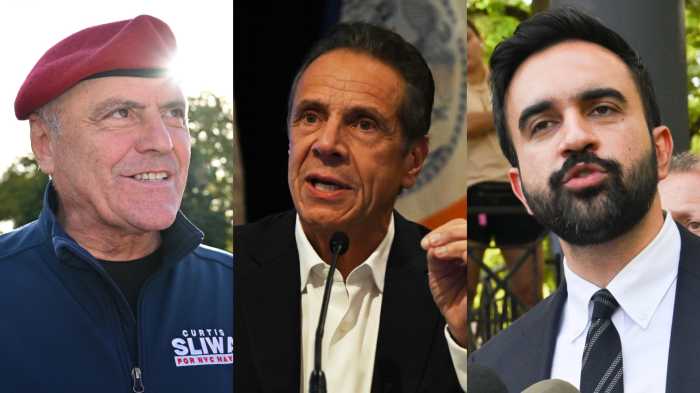Caribbean
The Caribbean Tourism Organization (CTO) recently launched its first-ever Caribbean Tourism and Hospitality Investment Guide in Puerto Rico to target investors.
The guide was produced by CTO in collaboration with the Caribbean Hotel and Tourism Association (CHTA).
It was launched at the 2015 Caribbean Hotel Investment Conference and Operations Summit (CHICOS) in Puerto Rico and at CTO’s Caribbean Week.
The publication showcased a wide range of investment opportunities in the tourism and hospitality sector in CTO member states and listed incentives that Caribbean governments are offering to attract business.
The Investment Guide focused on the performance of the region’s tourism and hospitality sector and Caribbean economies.
Barbados
The Caribbean Development Bank (CDB) board of directors have re-elected Dr. Williams Warren Smith to serve in the post of president of the bank for a second five-year term.
A CDB statement said the board of governors, representing the 27 member countries of the regional multilateral financial institution, re-elected Smith and that the decision was confirmed on Nov. 6.
His new term official begins on May 1 next year. Smith was first elected president in 2010 and assumed office in May the following year.
The statement said that over the last five years, CDB has actively promoted private sector-led growth and stability by assisting borrowing member countries to design, finance and implement robust macro-economic programs.
It said the CDB has also been encouraging countries to improve competitiveness through energy diversification, which includes accessing indigenous, renewable sources.
Smith said over the next five years, his plans are to maintain “that strengthening economic and environmental resilience to safeguard growth, while driving down poverty in Caribbean countries will remain paramount.”
He said the Caribbean’s development agenda will be informed by the new sustainable development goals of the global community.
Bahamas
Bahamas Prime Minister Perry Christie has revealed that several major investors are interested in buying the troubled Baha Mar multimillion dollar resort property.
“There are people who are major investors today in The Bahamas with a huge global reach,” Christie told reporters recently.
“There are investors from outside of The Bahamas who are interested and I presume by now the bank (Import-Export Bank of China) knows who they are and have had discussions with some of them. If those people are interested in being able to take that over, then it’s going to be taken over by a world (class) kind of investor,” he said.
While the government isn’t a part of any negotiations to sell the $3.5 billion resort property, Christie said Baha Mar’s receivers are entertaining the investors.
Recently Supreme Court Justice Ian Winder approved an application from the bank, Baha Mar’s secured credit via its $2.45 billion mortgage debenture, to send Baha Mar into receivership.
Last month, 2,000 Baha Mar workers were laid off. Christie said it is important to get those people back to work.
Guyana
Guyana’s President David Granger recently held bilateral talks with Saudi Arabia’s King Salman Bin Abdulaziz Al Saud on the verge of the fourth summit of Arab and South American Countries (ASPA) in Riyad when they discussed a number of issues on the agenda of the summit in addition to issues of common interest between the two countries.
Saudi Minister of State, Dr. Muasaed Al-Aiban; Minister of Foreign Affairs, Adel Al-Jubeir; Acting Chief of the Royal Court, Khalid Al-Essa and Guyana’s Minister of Foreign Affairs, Carl Greenidge also attended the meeting..
Guyana, a small state, is keen to enhance its multilateral diplomacy as a strategy to defend its territorial integrity, amidst renewed claims to its territory by two of its neighbors, Suriname and Venezuela.
With a small army, and lack of conventional weapons, the new government of Guyana is looking to participate more in multilateral forums.
In Riyadh, Granger said: “We support the thrust of the Arab and South American partnership, which was initiated by former president of Brazil, Lula Da Silva 12 years ago. We feel that it is a very useful forum for building international cooperation.”
The new Guyana leader, who came into office earlier this year, also recommitted Guyana’s support of Palestinian sovereignty and statehood. The final communique at the end of the summit stressed the importance of respecting the unity, sovereignty and independence of the states and territorial integrity and resolving conflicts peacefully.
Jamaica
The opposition Jamaica Labor Party (JLP) says it is not prepared to vote on the legislation to make the Caribbean Court of Justice (CCJ) the island’s highest court replacing the London-based Privy Council.
The opposition wants a timeline of 12 months saying that there is no justification to now rush the legislation and get it wrong.
Opposition Senator Dr. Christopher Tufton dashed any hopes the government would have had of an early vote on three pieces of legislation saying, “let us set a timeline of 12 months.”
The government needs the support of the JLP senators in order to acquire the necessary two-thirds majority to pass the legislation. The JLP has said in the past it would prefer the issue being put to a referendum.
Dr. Tufton told the Senate with the country now preparing for general election it is not the time to deal with the CCJ, which was established by regional governments in 2001 and also serves as an international tribunal interpreting the Revise Treaty of Chaguaramas that governs the 15-member regional integration movement.
St. Lucia
The St. Lucia government recently signed the Petrocaribe Joint Venture Agreement with oil-rich Venezuela.
The signing took place at the Office of the Prime Minister in the presence of several representatives from both countries, who witnessed the landmark agreement.
The agreement will seek to foster trade between St. Lucia and Venezuela to facilitate customs, transportation and operations for PetroCaribe projects.
It will also enact the mechanism which will initiate trade in petroleum products between the two nations.
According to the government, St. Lucia will start doing business specifically with asphalt. While its intention of doing business with diesel and petrol, this could not be done at this time.
It was also pointed out that despite the decrease in oil prices on the global market, Venezuela maintains that it will keep its promises to countries that form part of PetroCaribe and ALBA groupings.
President of PetroCaribe Bernando Alvarez said he is happy that the government of St. Lucia has agreed to sign the new agreement, which will pave the way for a greater working relationship with Venezuela.
Alvarez said St Lucia has received significant support from ALBA, explaining that PetroCaribe will also bring the same benefits and in some cases even more.
PetroCaribe marked its l0th anniversary in June 2015. The 17-member alliance includes six independent members of the Organization of Eastern Caribbean States — Antigua and Barbuda, Dominica, Grenada, St. Kitts and Nevis, St. Lucia and St. Vincent and the Grenadines.
St. Kitts
Teranov, a French engineering and services company for new and renewable energy based in Guadeloupe, has recently begun geothermal exploration exercises in St. Kitts.
Five geoscientists are currently in St. Kitts conducting feasibility studies in geophysics, geology, and geochemistry.
President of Teranov, Jacques Chouraki, says the prospects for geothermal energy in St. Kitts are promising.
“’The initial results look pretty good but of course it’s too early to say what will be valuable…. It’s a long process. We have decided to invest a lot of manpower in this project in order to speed up the process so that as quickly as possible the St Kitts population will be able to exactly know if there are geothermal resources available or not,” Chouraki said.
In September this year, Ian “Patches” Liburd, minister of public infrastructure, posts, urban development and transport, signed a memorandum of understanding (MoU) with Teranov, which includes a road map that can possibly see the production of geothermal energy in 2020.
The decision to start geothermal exploration on St. Kitts “was against the backdrop of having assumed office as a government of national unity where we inherited a situation deriving from our fossil fuel imports in accordance with the PetroCaribe Agreement,” Liburd said.
Suriname
President of the Caribbean Court of Justice (CCJ), Sir Dennis Byron and Justice Jacob recently attended the launch of the Code of Judicial Conduct held at the High Court of Justice in Suriname.
Chancellor Carl Singh of Guyana represented The Conference of Caribbean Justices and Heads of Judiciary at the ceremony.
This was the culmination of a judicial education program conducted by the CCJ for and at the request of the judiciary of Suriname to improve the quality of justice delivery. They led the faculty, which also included Ewald Ombre, as former president of the High Court of Justice of Suriname and Hans Lim A Po, a leading lawyer and academic in Suriname and other facilitators.
The Code of Judicial Conduct project was conducted over 18 months, during which all judges of the court participated. A judicial code is a collection of rules and guidelines governing the conduct of judges, in their personal and professional capacity.
Sir Dennis, a champion of justice reform and education, was encouraged by this important step in strengthening the governance structure in Suriname’s courts.
The CCJ president noted that Suriname is the first jurisdiction in the Caribbean Community (CARICOM) to ask for and obtain the assistance of the CCJ in developing and or reviewing a code of judicial ethics.
He commended the acting president of Suriname’s High Court of Justice, Justice Iwan Raseolbaks and his team for their expert stewardship and unwavering commitment to the project and congratulated them on the launch of the code.
— compiled by Azad Ali



